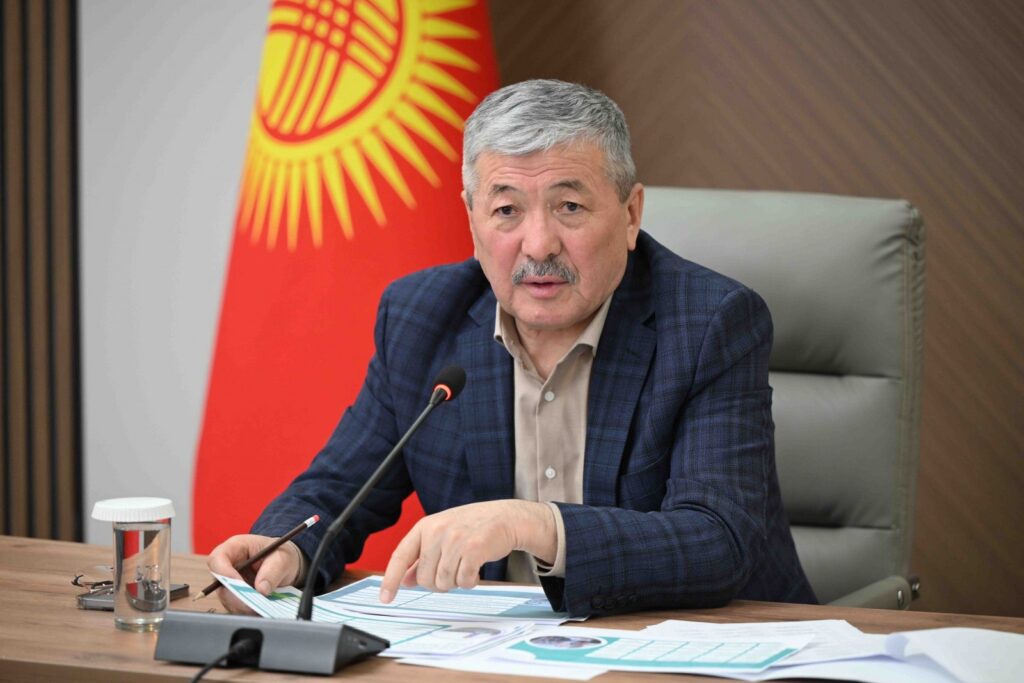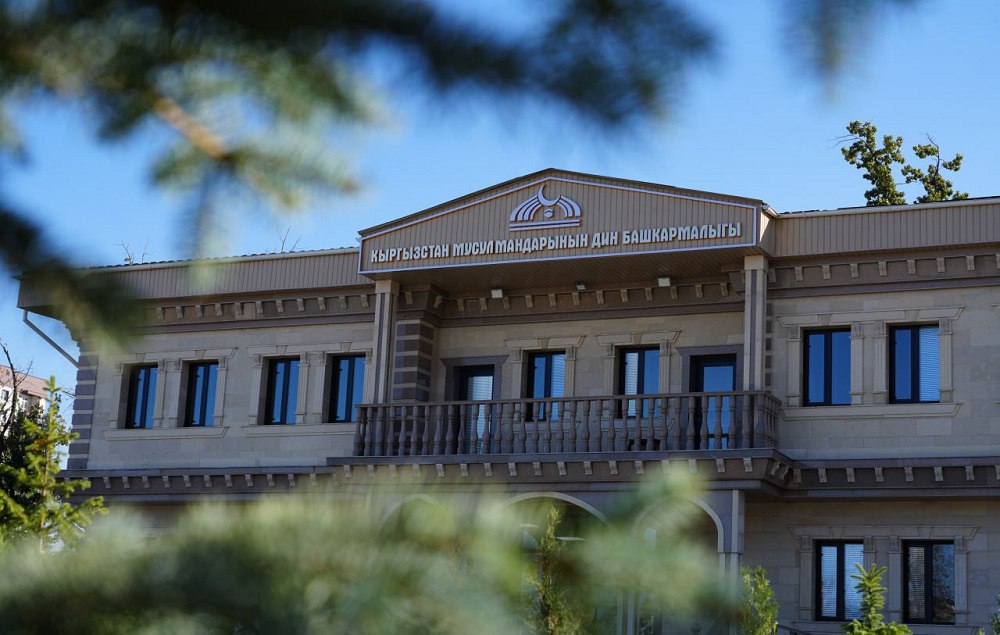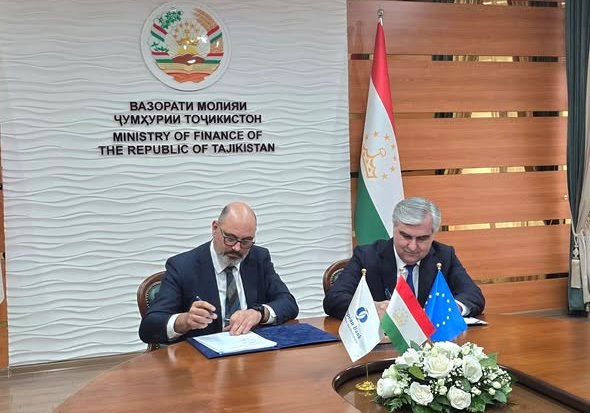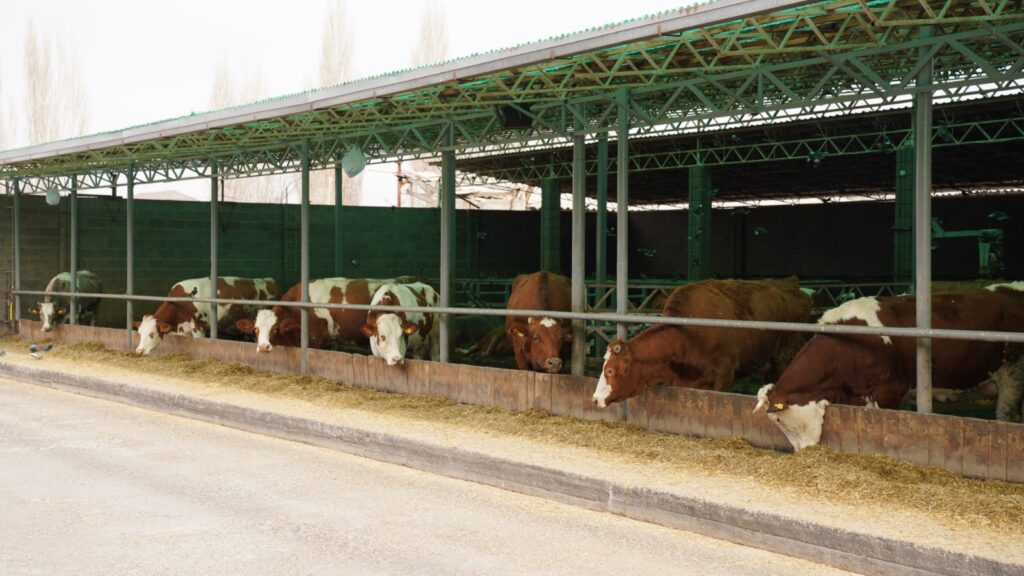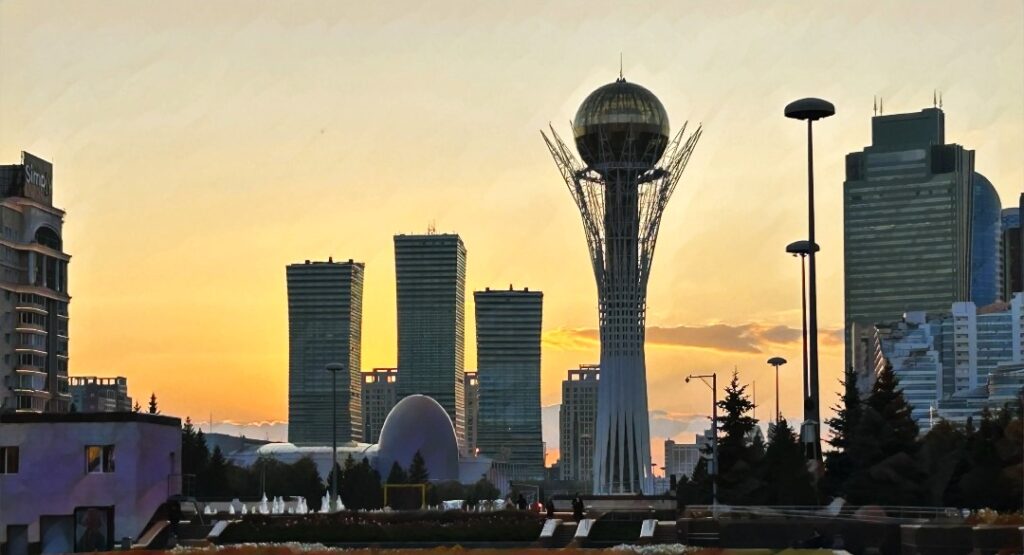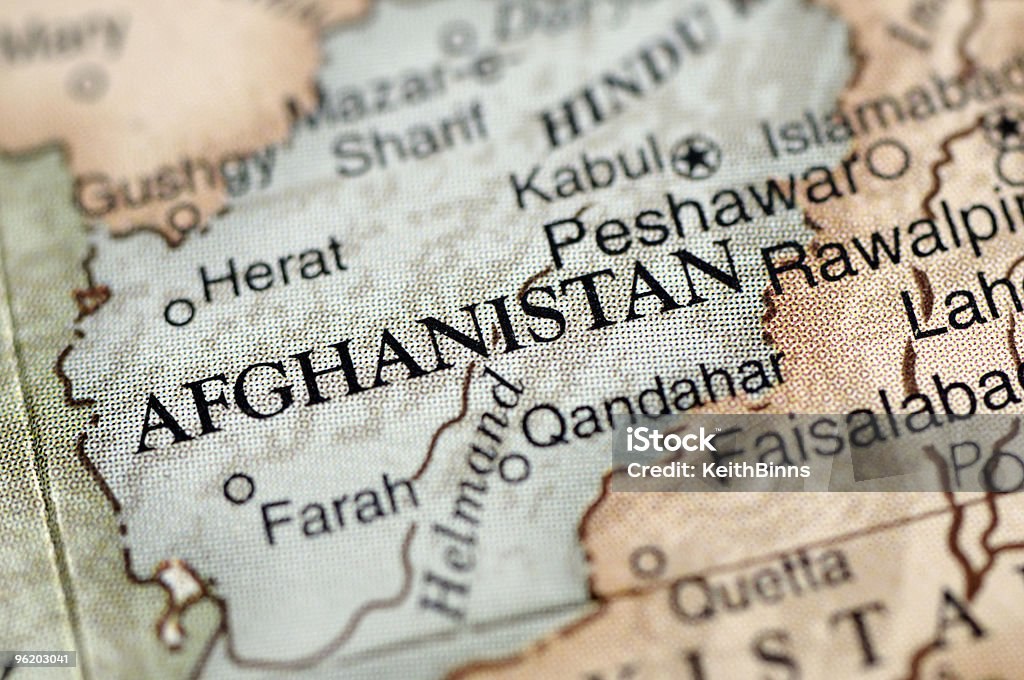BISHKEK (TCA) — That was said at the February 4 news conference by Kyrgyzstan Deputy Economy Minister Kylychbek Jakypov and Ambassador Cesare de Montis, head of the EU Delegation to the Kyrgyz Republic.
Earlier this week it was announced that the European Union has decided to grant GSP+ status to the Kyrgyz Republic. The GSP+ is a component of the EU Generalised Scheme of Preferences (GSP) for developing countries. It offers additional trade incentives to countries that already benefit from GSP and that ratify and implement core international conventions on human and labour rights, sustainable development and good governance.
According to Deputy Minister Jakypov, under the GSP+ enhanced preferences Kyrgyzstan will enjoy full removal of tariffs for the export of more than 6,000 product categories to the European Union. These are mainly agricultural products such as fruits, processed fruits (canned, juice), dried fruits (walnuts, almonds, pistachios), food products, tobacco, and textiles, felt products, clothing, including leather, and carpet.
Ambassador Cesare de Montis said the GSP+ status is a good impetus for attracting investors for creation of export-oriented enterprises in Kyrgyzstan.
However, Kyrgyz products must meet EU quality requirements.
Besides Kyrgyzstan, only Georgia, Armenia, and Azerbaijan enjoy the GSP+ status among the former Soviet republics.
According to the Kyrgyz Economy Ministry, the European Union accounts for 6.8 percent of Kyrgyzstan’s foreign trade. In January-November 2015, Kyrgyz-EU trade amounted to $337 million (a 42.5-percent decrease on-year). Kyrgyzstan’s export was $43.5 million and imports $293.5 million.
Kyrgyzstan’s largest trading partners in the EU are Germany (28.3 percent of the total), France (6.5 percent), Belgium (8.3 percent), Poland (7.1 percent), the Netherlands (6.1 percent), Italy (5.9 percent), and Great Britain (3.6 percent).
Kyrgyzstan mainly exports to the EU agricultural products (leather, cotton, tobacco, fruit and vegetables), incandescent lamps, radiators, and metal scrap.


